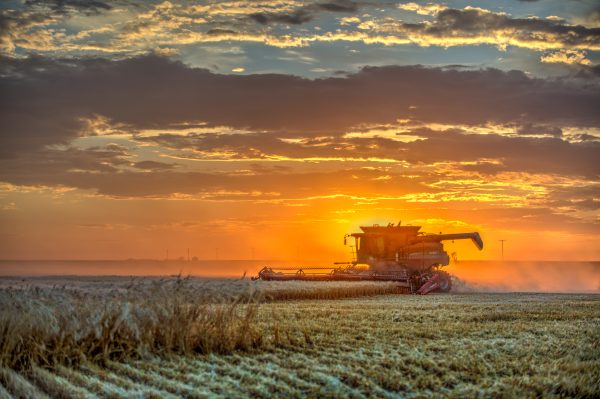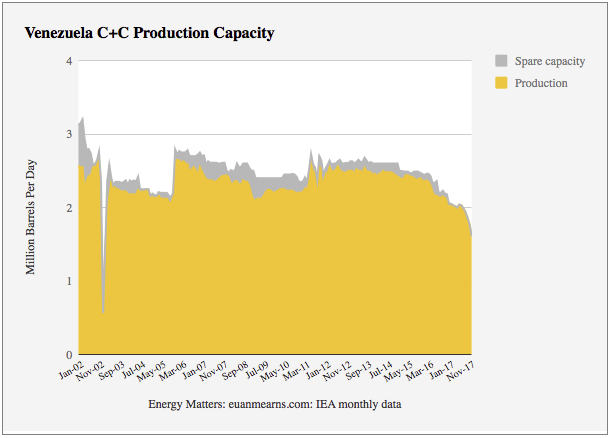This stirs up serious memories for me, as I was the Canadian reporter in 2016 who asked presidential candidate Donald Trump if he would approve the Keystone XL Pipeline. He said he would, but “he wanted a piece.”
Here we are in 2023, and a Canadian Press reporter challenged President Joe Biden on cancelling the Keystone XL and delaying the Line 5 project, but approving a new oil project in Alaska. And it turns out, math is hard.
I don’t know who that reporter was, but I’d buy him a bottle of 18-year old Scotch.
Also, there’s a hell of a lot said about energy in the joint statement released by Trudeau and Biden. And some in his speech to Parliament, too.









